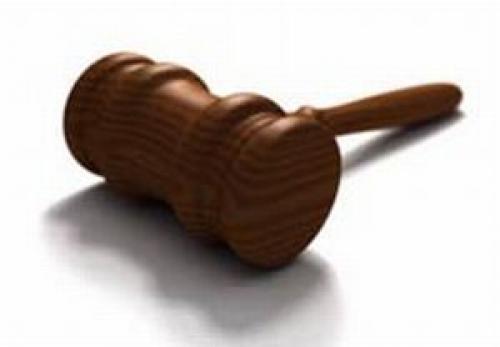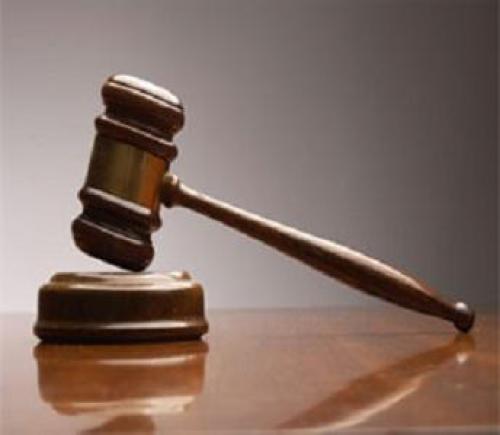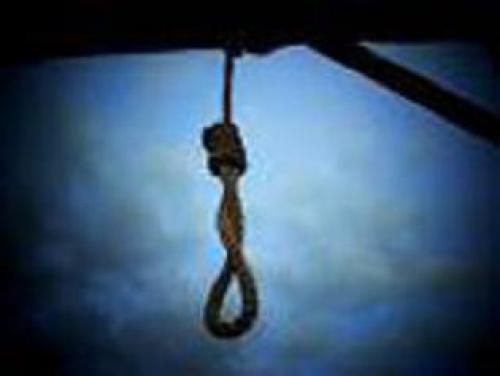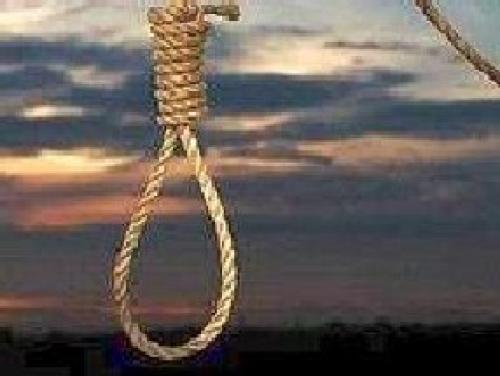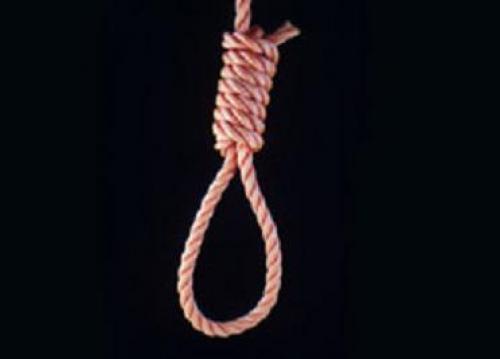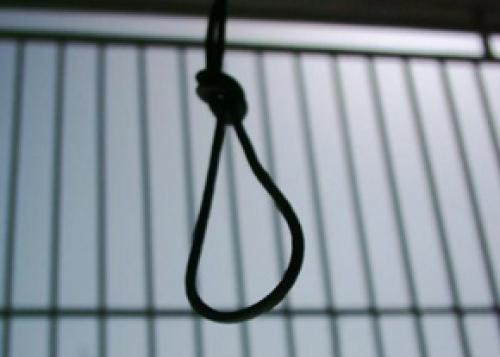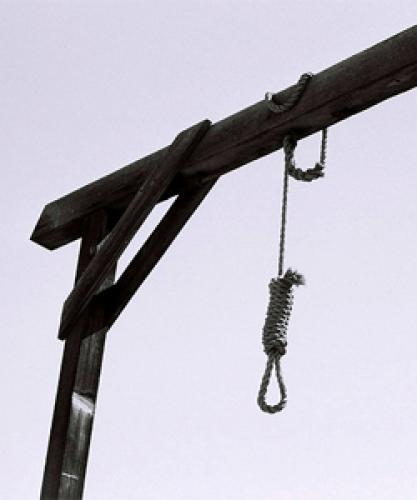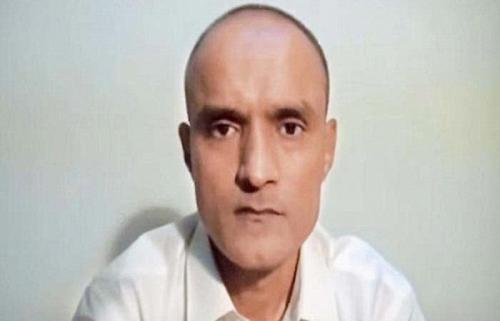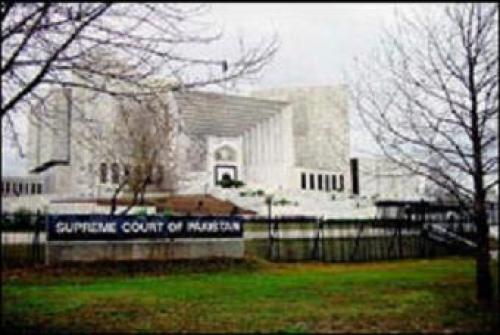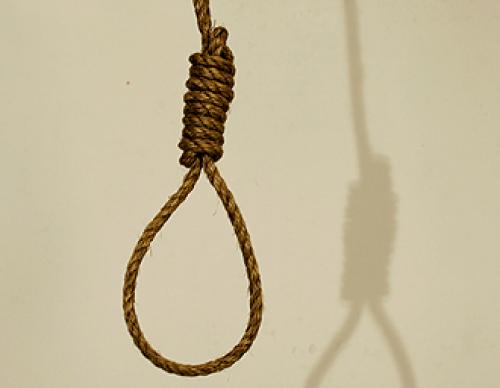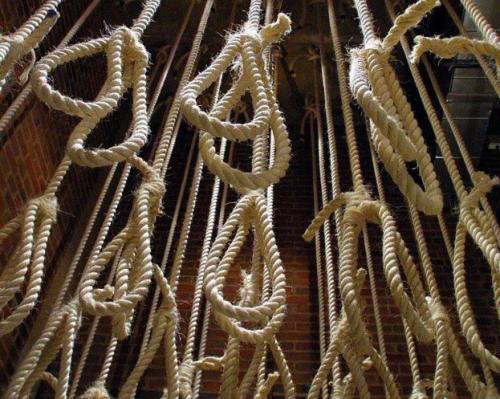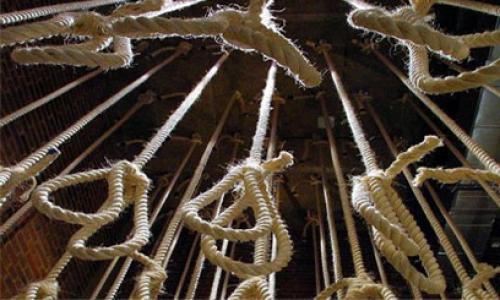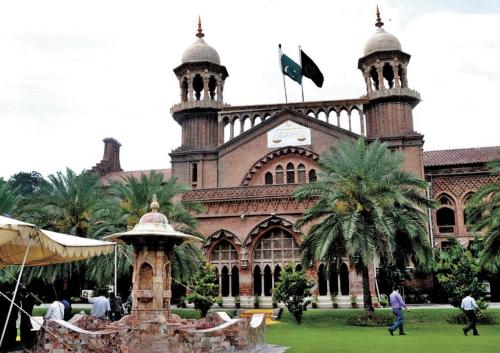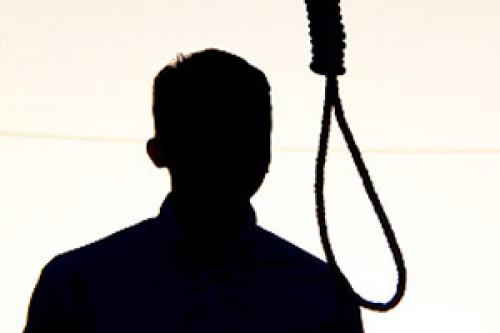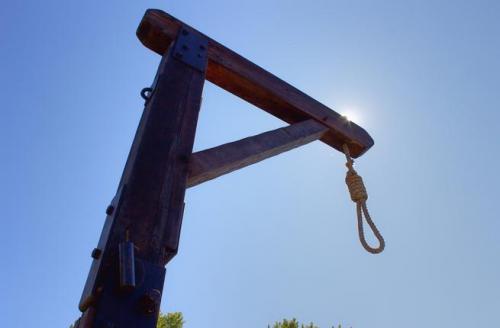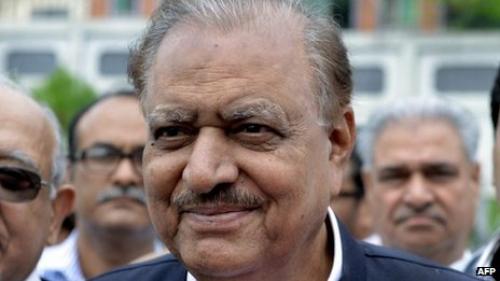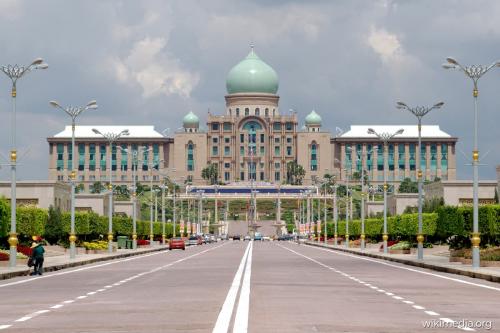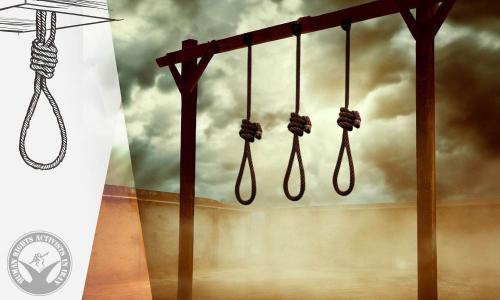government: federal parliamentary republic
state of civil and political rights: Partly free
constitution: 12 April 1973; suspended and restored several times. Restored last time on 15 December 2007. Amended last time on April 19, 2010.
legal system: based on English common law with provisions to accommodate Pakistan's status as an Islamic state
legislative system: bicameral Parliament or Majlis-e-Shoora consists of the Senate and the National Assembly
judicial system: Supreme Court (judicial chiefs are appointed by the president); Federal Islamic Court (Shari'a)
religion: Muslim majority; Hindu and Christian minorities
death row: 8,200 according the Justice Project Pakistan, end 2017, 4993 according other sources
year of last executions: 0-0-0
death sentences: 253
executions: 66
international treaties on human rights and the death penalty:International Covenant on Civil and Political Rights
Convention on the Rights of the Child
Convention Against Torture and Other Cruel, Inhuman or Degrading Treatment or Punishment
situation:
Pakistan sanctions the death penalty for 27 offences, including blasphemy, stripping a woman in public, terrorist acts, sabotage of sensitive institutions, sabotage of railways, attacks on law enforcement personnel, spreading hate against the armed forces, drugs, sedition and cybercrimes.
On 17 December 2014, Pakistan lifted the six-year moratorium on the death penalty in terrorism-related cases, a day after the Taliban-perpetrated massacre at a military-run school in Peshawar in which 150 people, including 134 children, were killed. In December 2014, after the lifting of the moratorium, Pakistan hanged seven people sentenced to death, all for crimes of terrorism. On 3 March 2015, the federal government formally lifted the moratorium on death penalty of all the condemned prisoners.
The last execution before the lifting of the moratorium took place on 15 November 2012, when a soldier, Muhammad Hussain, was hanged at a jail in Mianwali city, Punjab Province, for murdering his senior officer Havaldar Khadim Hussain. His hanging ended a de facto moratorium on executions that had been observed since December 2008, when another soldier, Shahid Abbas, was executed for murder. In 2008, Pakistan executed at least 36 people, a significant decrease from 2007, when 134 convicts were executed. Since then, every three months the President’s Office had issued a letter which had put a stay on all capital punishment – a routine that had been in operation for the following years.
In 2015, at least 326 people, including 30 convicted terrorists, were executed across the country.
In 2016, executions have been 87, 73% less than the previous year, including 7 convicted terrorists.
According the Human Rights Commission of Pakistan, in 2016 at least 360 people were sentenced to death, at least 133 issued by military courts created in January 2015 to judge civilians suspected of terrorism, 31 by the special anti-terrorism courts created in 1997 and 193 by ordinary courts.
Pakistan has one of the largest populations of condemned prisoners and inmates on death row in the world.
In Octoberr 2015, there were 6,016 people on death row, many of them waiting for decades, according to statistics compiled by the Interior Ministry. Other estimates have put the figure at about 8,000.
Prisoners in Pakistan, especially those on death row, live in cramped, overcrowded cells and often face abuse. In Punjab convicts are on death row in 30 jails with a total of 812 death row cells that are usually small rooms that measure 9x12 feet, have attached toilets and are cordoned off by walls that are approximately three feet high. On occasions, as many as 12 inmates have to crowd into one cell, charge rights groups. A survey by the Law and Justice Commission of Pakistan, an advisory body to the government, says three to six prisoners are usually kept in a single death cell.
During the period 2011-2015, the Pakistani President rejected as many as 513 mercy petitions of condemned prisoners, an Interior Ministry document revealed. The Interior Ministry, in a written response to a question raised by Jamaat-e-Islami Senator Sirajul Haq, said that all mercy petitions sent to the president during the time period were rejected. As of 15 April 2016, only 38 mercy petitions of condemned prisoners who were awarded a death sentence were pending with the Interior Ministry, of which 13 cases were under submission to the President Secretariat for decision, the document said. “Appeals of these condemned prisoners have already been rejected by higher courts,” the Interior Ministry said.
It is a tradition that nobody is executed in the (Islamic) fasting month of Ramadan and an official in the federal interior ministry confirmed that a notification had been issued to halt executions during Ramadan, which in 2016 started on 6 June and continued until 5 July.
The executions are usually carried out before sunrise. The condemned has a final meal, bathes and then has time to pray before being led to the gallows. Executioners cover their face with a black hood and tie their hands and legs before hanging them.
Blood money
Pakistani law has a maximum punishment of the death penalty, or life in prison for a murder. Theoretically, the religiously stipulated retributive punishment corresponds in kind and degree to the crime. In practice, hanging rather than harm in kind is the punishment for murder in Pakistan.
However, under Islamic laws, victim families can strike an out-of-court deal with the murderers, usually for a payment of Diya. In that case, the victim’s families generally appear in court to testify that they have pardoned the murderer in the name of God. The court must decide whether to accept the pardon, but judges generally follow the decision of the family.
During the year, dozens of death row inmates were spared after they were pardoned by the victims’ families.
The death penalty on juveniles
On 1 July 2000, the military Government promulgated the Juvenile Justice System Ordinance 2000 (JJSO) abolishing the death penalty for children under 18 years of age. The law also barred juveniles from being tried as adults and accorded them legal assistance at the expense of the State. However, the provisions in the JJSO are “in addition to and not in derogation of, any other law for the time in force and children are liable to the death penalty under other laws.”
The procedure in most cases is that if a lawyer pleads this point, then the court directs that the suspect’s age be determined medically. And if it is proved that the suspect is not an adult, then the case proceeds according to the procedures laid down in the JJSO.
In December 2001, President Pervez Musharraf issued a new decree commuting all juvenile death sentences to life terms.
These steps did not do away with the juvenile death penalty completely however. Other minors are still not being given legal assistance despite the obligation posed by the JJSO. Moreover, the Ordinance was immediately applicable to the whole of Pakistan except Provincially-Administered Tribal Areas (PATA).
The last execution of a juvenile offender took place on 13 June 2006, when Mutabar Khan was executed at the Central Prison of Peshawar after his conviction for murder in 1998. Mutabar was 16 years old at the time of his arrest in 1996.
An estimated 800 of those facing execution in Pakistan may have been sentenced to death when they were children, a report released on March 18, 2015 has revealed. Justice Project Pakistan and Reprieve conducted a study of 30 prisoners close to execution and discovered that 10% were arrested and sentenced to death while still children. Should this figure hold true across the entire death row population, there could be over 800 people convicted as children among the more than 8,000 prisoners currently sentenced to death.
What is shocking is that in many cases, when the minors were being tried in the lower courts, their lawyers did not use the argument that they were juveniles and hence, leniency should be exercised. Had their lawyers done so, perhaps most of them would not have been given the death penalty.
The war on terror
On 6 January 2015, Pakistan’s Parliament passed a constitutional amendment that allows a parallel system of military courts to try Islamist militants, significantly enlarging the army’s power. The new law, which was passed by a two-thirds majority in both houses of Parliament, is the central plank of the government response to the attack on the Peshawar school on 16 December 2014. The military has pushed for the new courts, arguing that a weak civilian judicial system has failed to bring Taliban and other Islamist militants to justice. The law that authorizes the courts is to remain in effect until February 2017. The government has promised to use that time to reform the broken civilian justice system. The military courts will be empowered to try militants from any group that “raises arms or wages war against Pakistan, or attacks the armed forces of Pakistan and law enforcement agencies,” according to the text of the new law. Military courts have heard at least 100 militants’ cases and passed judgment in at least 27, the law ministry said in June. The military published the names of six men sentenced to death in one case. There is no public information about the identity of other suspects or convicts, about the charges or evidence against them, or about their sentences or appeals. Several lawyers challenged the constitutionality of the military courts in the Supreme Court. But on 5 August 2015, Nasir ul Mulk, the chief justice, announced that all “petitions have been dismissed.” The Supreme Court has ruled that secret military courts are legal and can pass death sentences on civilians, a judgment that critics say further strengthens the military’s grip on power at the expense of civilian authorities.
Most death sentences since 1997 have been handed down by special anti-terrorist courts set up by then prime minister Nawaz Sharif's government to combat growing terrorist attacks in the country. The jurisdiction of these courts gradually evolved to cover political charges and cases involving gang rape and violence against children. These courts hold trials within seven days. Convicted persons have to appeal within seven days, and the appeal must also be heard and decided within a week. These provisions contravene Article 14(3)(b) of the International Covenant on Civil and Political Rights, which entitles any person charged with a criminal offence to have adequate time and facilities for the preparation of his defence. Murder carries the religiously stipulated retributive penalty, where the punishment corresponds in kind and degree to the crime, unless the victim’s family waives the penalty, usually for a payment of diya. In practice, hanging rather than harm in kind is the punishment for murder.
In 2016, at least 87 people were executed across the country, of these 7 hanged for terrorism or crimes of political nature.
The death penalty for apostasy and blasphemy
The death penalty is imposed in Pakistan for several crimes, including capital offences under Sharia Law, such as blasphemy and sexual relations between partners not married to each other.
The law against blasphemy was introduced under the dictatorship of General Zia ul-Haq in 1985. The law prescribes the death penalty for anyone insulting the prophet Mohammed, other prophets or the sacred scriptures. Under section 295-C of the Penal Code: “Whoever by words, either spoken or written, or by visible representation or by any imputation, innuendo, or insinuation, directly or indirectly, defiles the sacred name of the Holy Prophet Muhammad (peace be upon him), shall be punished with death or imprisonment for life, and shall also be liable to fine.”
Since Zia’s rule, many hundreds of people have been prosecuted under the blasphemy law. No one has been put to death for a blasphemy conviction and most death sentences for blasphemy are overturned on appeal by higher courts. But dozens of people awaiting trial or acquitted of blasphemy charges have been slain by religious fanatics, and lawyers in defending those accused of blasphemy cases have frequently been attacked. Judges have been attacked for dismissing cases and many of the accused face years in jail as their trials drag on. At least 48 people accused of blasphemy have been extra-judicially killed, including seven in prison or outside court, according to Pakistan-based human rights group Life for All.
Not only Christians, but also the nation’s Shiite Muslim minority has been victimised by extremist Sunni Muslim groups for years. Members of the smaller Ahmadi sect, viewed by most Pakistanis as traitors to Islam because they revere another prophet in addition to Muhammad, have been frequent victims of suicide bombings, kidnappings and other attacks.
Besides being used as a tool to bully Christians, Ahmadis or other minorities, the law against blasphemy is often used by some Pakistanis embroiled in property disputes. Usually, evidence in blasphemy cases is scant, apart from the accounts given by the accusers.
The controversial Islamic Hudud [Koranic punishment] Ordinances - passed in 1979 as part of Zia ul-Haq’s Islamisation programme - deal with adultery and fornication (Zina) offences, crimes related to theft, alcohol and drug consumption, and false accusations in court (Qazf). One of the most controversial provisions states that a woman must have four male witnesses to prove rape or face a charge of adultery herself. Men and women found guilty of adultery face stoning or 100 lashes.
On December 1, 2006, Pakistan President Pervez Musharraf signed into law a bill amending the country's Islamic rape legislation. The bill places rape laws under Pakistan's British-influenced penal code and scraps the harsh conditions placed on rape victims. The amended law would drop the death penalty for people found to have had sex outside of marriage, though they still would be subject to a five-year prison term or $165 fine.
Judges also will be able to choose whether to try a rape case in a criminal court or Islamic court.
Despite the 2006 law, in remote areas of the Country where tribal and feudal systems still dominate, the tribal jury (jirga) continues to operate as the people’s recourse to the law – instead of the police – for resolving inter-tribal disputes and questions of “honour.” Under tribal codes, women are seen as men's property and an allegation of unfaithfulness is punished by death. A woman suspected of having extramarital relations is declared a kari (sinful) and tribal honour requires a family member to kill her.
By the Criminal Laws Amendment Act of 2006, honor killings are to be treated as aggravated killings but in practice, honor killings may be treated more leniently than murder. The government-appointed National Commission on the Status of Women said the law was a weak one as it did not cover the crime fully, but nevertheless a step in the right direction. The law was changed after a prolonged protest by women's and human rights groups. According to the non-governmental Human Rights Commission of Pakistan (HRCP), hundreds of women are killed every year in Pakistan in the name of ‘honour.’
Hudud ordinances prevail on the domestic legislation also concerning juveniles.
The death penalty on women
In Pakistan, according to the Interior Ministry, there are 44 women on death row out of a total of more than 6,000 people sentenced to death. Pakistan executed 9 women and the last execution occurred in 1985.
United Nations
On 30 October 2012, Pakistan was reviewed under the Universal Periodic Review of the UN Human Rights Council. On 14 March 2013, in its response to the recommendations received, Zamir Akram, Permanent Representative of Pakistan to the United Nations Office at Geneva, said that there was no national consensus on the repeal of blasphemy laws and the repeal of the death penalty was a matter for Parliament.
On 25 December 2014, UN Secretary-General Ban Ki-moon urged Pakistan to end capital punishment and restore a moratorium on executions. Ban spoke with Pakistani Prime Minister Nawaz Sharif to express his condolences after the slaughter. However, “while fully recognizing the difficult circumstances, the secretary general urged the government of Pakistan to stop the executions of convicts and re-impose the moratorium on the death penalty,” Ban’s office said in a statement.
On 19 December 2016, Pakistan voted again against the Resolution on a Moratorium on the Use of the Death Penalty at the UN General Assembly.





